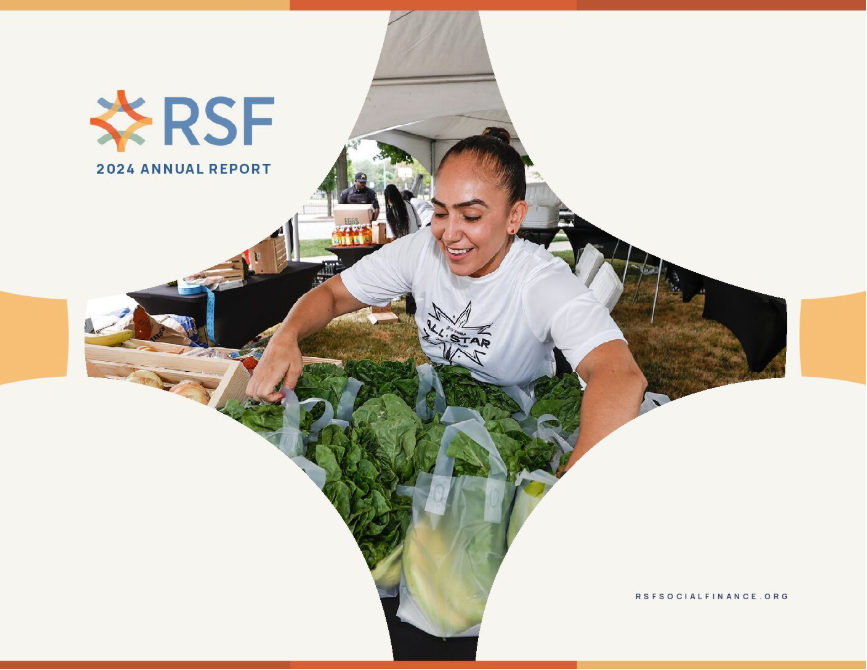When you are looking for the new or emergent, you usually have to look off-the-grid. In many ways as RSF Social Finance has grown, we too have had to go off-the-grid to develop our unique approach to finance.
In 1984, a school burned down in New Hampshire. RSF organized a group of investors to rebuild it. Since then, we have made over $275 million in direct loans to social enterprises. Our track record has been excellent, with just 2 percent in cumulative loan losses over 29 years, and a 100 percent repayment rate to investors.
The key: bringing investors and borrowers closer together. We have found that if the individual investors who are providing capital and the social entrepreneurs who are borrowing capital can be more visible to each other – if they can understand each others’ needs and intentions, and sustain a personal connection whenever possible – then risk decreases and fulfillment increases.
Participants in a transaction become participants in a relationship. We believe this is nothing less than the antidote to modern finance, and can be applied on a substantial scale. It is the opposite of high frequency trading.
Specifically, four years ago RSF adopted a new approach to loan pricing for our $100 million flagship senior-debt fund. Each quarter, we convene representatives from our staff, our investors, and our borrowers to decide what annualized return rate investors will receive the following quarter, and what interest rate borrowers will pay – a radical form of transparency.
We call it community-based pricing. The response from participants has been overwhelmingly positive – and our interest rate, referred to as RSF Prime, has been very stable. We are now off-the-grid of the global financial interest rate system and no longer directly affected by the vagaries of Wall Street.
But of course the vast majority of all 401(k) programs, pension funds, and endowments are tethered to Wall Street, so it is naïve to believe we are fully off-the-grid.
This circumstance leads to questions many of us in the social finance field think about:
- What is it going to take for the number of socially and environmentally-focused investors to grow substantially?
- Can it happen fast enough for those of us who acknowledge the urgency of climate change and natural resource depletion?
- Are there enough sound investment opportunities for investors who want to go off-the-grid?
- How will we address the perennial issues of risk, return, and liquidity when there are so few established intermediaries in which to place funds?
- What are the long-term implications for those of us who anticipate needing funds for retirement and who want to embrace off-the-grid investing?
by Don Shaffer
Don Shaffer is the former President & CEO at RSF Social Finance


